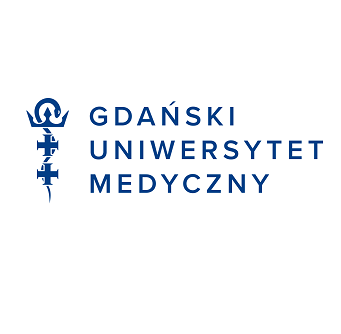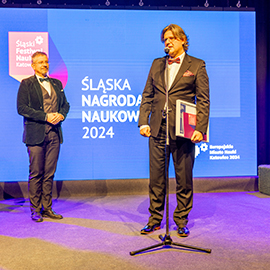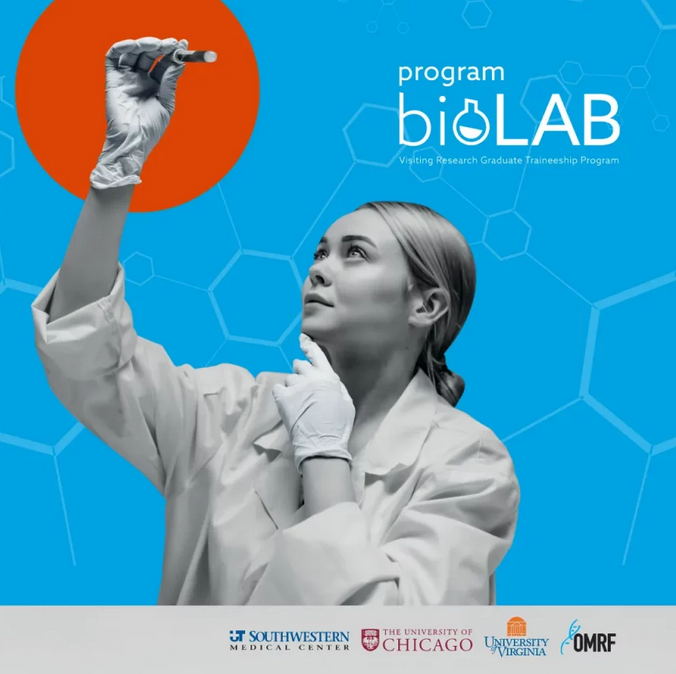Start - Aktualnosci

Seminarium POB1: dr Taras Oleksyk
Już w najbliższą środę, 18 grudnia, wykład w ramach seminarium POB1 wygłosi dr Taras Oleksyk, z Oakland University, USA. Dr Oleksyk jest ekspertem w dziedzinie genomiki, genetyki ewolucyjnej i genomiki porównawczej. W szczególności interesuje się mechanizmami ewolucji genomu i jej implikacjami dla adaptacji i chorób człowieka. Obecnie prowadzi badania w Ukrainie w celu odkrycia nowych czynników genetycznych, które wpływają na rozwój i patologię cukrzycy typu 1 (T1D), co może pomóc w przewidywaniu choroby, identyfikacji terapii opóźniających progresję i/lub poprawie kontroli metabolicznej u osób żyjących z T1D. Interesuje się również ewolucją i ochroną zagrożonych gatunków. Jest aktywnie zaangażowany w badania koncentrujące się na składaniu genomu, analizie wariantów i skanowaniu selekcyjnym u dzikich i udomowionych zwierząt.
Więcej informacji o naszym gościu znajdziecie Państwo na stronach:
https://www.oakland.edu/biology/directory/oleksyk/
https://scholar.google.com/citations?user=hIzkk-gAAAAJ&hl=en
Seminarium odbędzie się w trybie zdalnym z wykorzystaniem platformy Zoom, link do wydarzenia.
Filling Genomic Gaps in the Forgotten Parts of Europe: Ukraine's T1D Research Initiative
This talk will outline our strategic efforts to address the global challenge of "genomic deserts," regions that lack sufficient genomic data, which hampers the development of fair and unbiased health solutions. We have established a platform that not only aggregates but also updates whole-genome data from a variety of international and national genomic projects. This platform has allowed us to analyze global trends in whole-genome sequencing and identify significant disparities in data availability. These findings underscore the critical need for an inclusive approach in genomic studies that integrates underrepresented populations. In Ukraine, where resources for genome research are limited, we have built the necessary infrastructure and cultivated local expertise in genomics to address these disparities. Our ongoing research focuses on uncovering the genetic determinants of Type 1 Diabetes (T1D), with a special emphasis on rare and local variants that are often overlooked in broader studies. Through a comprehensive genome-wide association study (GWAS), we are mapping genetic diversity and identifying novel genetic factors linked to T1D. This project has led to the development of a T1D Research Network, a local biobank, and the sequencing of 20,000 exomes, all contributing to an open-access genetic database that fosters global collaboration. Preliminary analyses highlight the significant role of HLA haplotypes and other genes, reinforcing the utility of our cohort for further research. This initiative not only enhances our understanding of T1D but also aims to create a more equitable landscape in genomic research, ultimately improving disease prevention and treatment strategies through better representation of human genetic diversity.
Aktualności
Pokaż wszystkie













Więcej aktualności Mniej aktualności




















